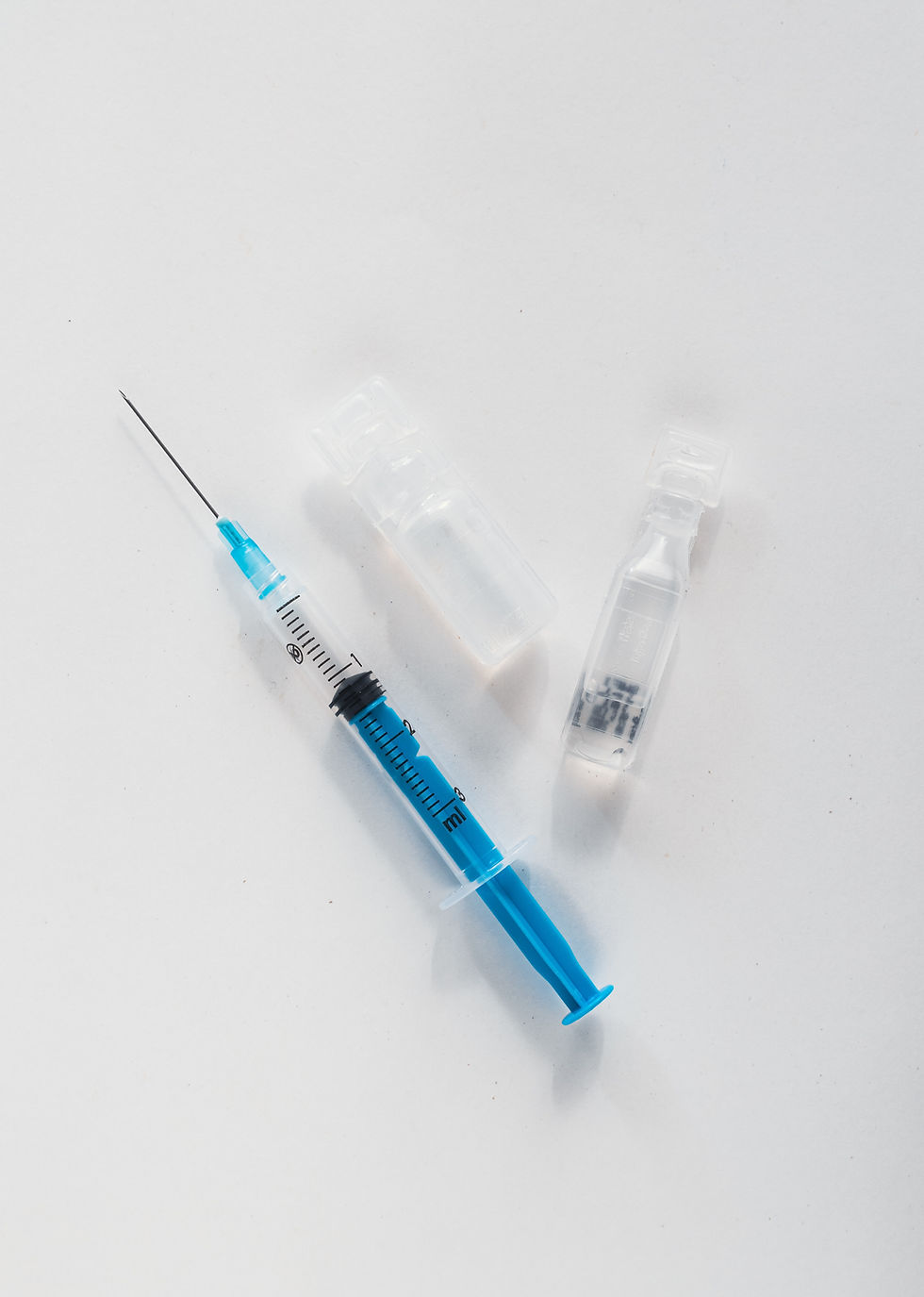Why Annual Filovax Vaccinations Are Crucial for Rabbit Care
- Loz
- Aug 17, 2025
- 2 min read

Protecting Your Bunny from Calicivirus in Australia
Rabbits are beloved pets in many Australian households, cherished for their gentle nature and playful antics. However, they're also vulnerable to a deadly disease: Rabbit Haemorrhagic Disease Virus (RHDV), commonly known as calicivirus. Annual Filovax (RHDV1) vaccinations are a vital pillar of responsible rabbit care, helping to shield your furry friend from this often-fatal disease.
What Is Calicivirus and How Is It Transmitted?
Calicivirus is a highly contagious and deadly virus that affects both wild and domestic rabbits. It spreads through direct contact with infected rabbits, as well as indirectly via contaminated surfaces, food, water, clothing, bedding, and even insects like flies and mosquitoes. The virus can persist in the environment for long periods, making it extremely difficult to control outbreaks.
Transmission can occur in various ways:
Direct contact: Between infected and healthy rabbits.
Indirect contact: Through contaminated objects, feed, water, or bedding.
Insect vectors: Flies and mosquitoes can carry the virus from wild to domestic populations.
Humans: People can inadvertently bring the virus into the home on their clothing or shoes.
For more information on calicivirus transmission and epidemiology, see the Australian Government's Department of Agriculture, Fisheries and Forestry's resources: Rabbit calicivirus disease (RHDV).
Why Annual Filovax Vaccinations Matter
The Filovax vaccine is specifically designed to protect against the RHDV1 strain of calicivirus, which remains prevalent in Australia. Annual boosters are essential because immunity can wane over time, and regular vaccination ensures ongoing protection. While no vaccine is 100% effective, studies have shown that vaccinated rabbits are significantly less likely to contract the disease or suffer severe symptoms if exposed (NCBI: Vaccine effectiveness in rabbits).
Given the persistent risk of virus circulation via wild rabbit populations and insect vectors, annual vaccination is the single most effective step you can take to protect your pet.
Other Considerations to Reduce Calicivirus Exposure
Housing: Keep your rabbit indoors or in a secure, insect-proof enclosure to limit contact with wild rabbits and biting insects.
Hygiene: Wash hands, change clothing, and disinfect footwear after contact with other rabbits or environments where wild rabbits may roam.
Bedding and Food: Use fresh, clean bedding and avoid feeding grass or greens from areas frequented by wild rabbits.
Insect Control: Fit flyscreens to hutches and use safe insect repellents around enclosures.
Biosecurity: Quarantine new rabbits for at least two weeks and ensure they are vaccinated before introducing them to your existing pets.
Final Thoughts
Annual Filovax vaccinations are a simple, effective way to protect your bunny from a devastating disease. Combined with good hygiene, secure housing, and vigilant biosecurity, these measures can dramatically reduce the risk of calicivirus infection and ensure a long, healthy life for your pet rabbit. Talk to your local vet about scheduling your rabbit’s next vaccination—don’t leave their health to chance!
For people in the Canberra region, I cannot recommend Dr Mae of Hoppy Housecalls enough for your specialist bun bun vet! She's a rabbit specialist and is so kind with your fur babies. Book in with her to get your bun vaccinated.




Comments